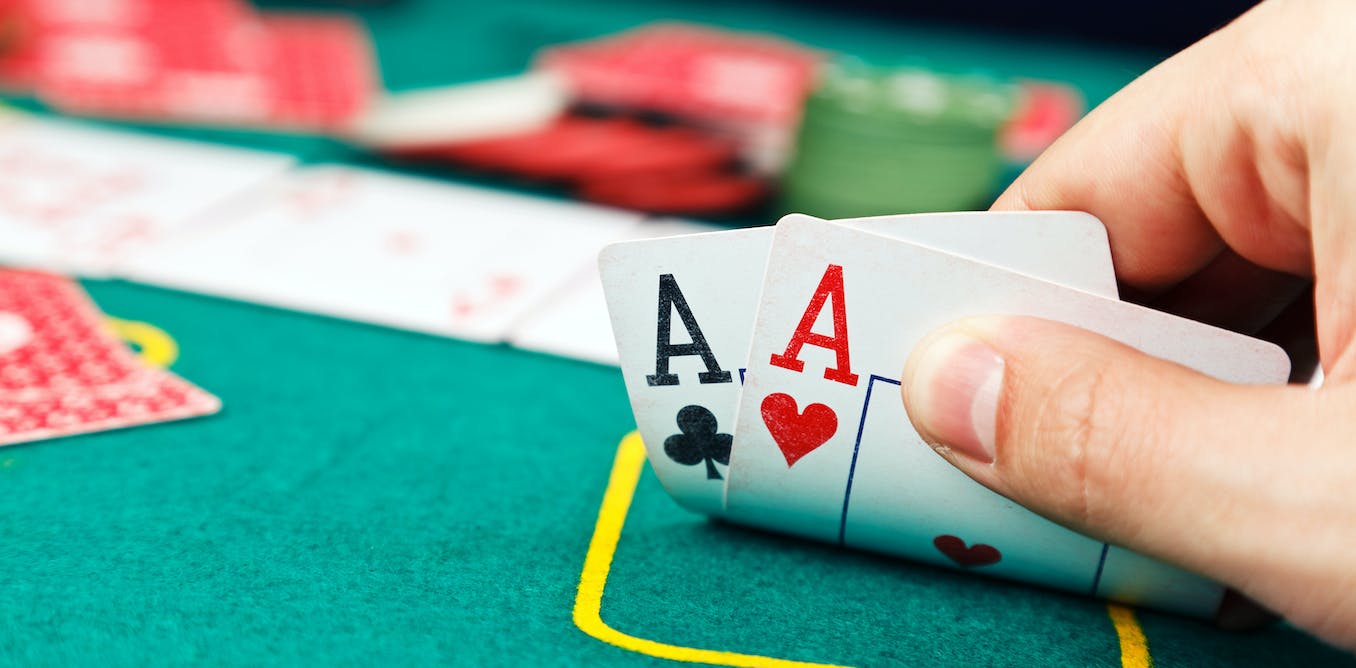
Poker is a fun and exciting game that can be played at home, online, and in traditional casinos. It also provides a number of health benefits, including improved mental and physical health, as well as reduced stress and anxiety.
Poker helps develop cognitive skills
One of the most important benefits of playing poker is that it helps you build cognitive skills, such as critical thinking and analysis. This helps strengthen neural pathways and creates myelin, a protective fiber that can increase your brain’s ability to process information.
It’s also a great way to improve your math skills, which can help you learn to be more accurate and efficient in other areas of life. You’ll be able to calculate probabilities like implied odds and pot odds, which can help you make better decisions at the table.
You’ll also develop a greater appreciation for the importance of risk management, which can help you avoid losing too much money. This is important for anyone, but especially those with a high stakes bankroll.
Reading Body Language
One of the best parts about poker is that you can read other players’ bodies, which can help you predict how they will play their hands and how to win them. You can pick up on tells, bluffing, and even how they feel about their hand, which can help you decide how to act on the fly.
Poker is also a social game
You can meet new people at the poker table, which can help you form new friendships and network. It’s also a great way to practice your social skills, as you need to interact with other players, respond to their cues and be friendly and polite.
It’s a good idea to get in a few games at the local casino or online before you invest any real cash. This will give you a chance to see how well you handle the stress and pressure of the game, as well as a chance to see what other players are like at the table.
The best part is that you’ll be able to practice these skills in a low-risk environment, which will make it easier for you to learn the game. Plus, it’s a great way to socialize with other people who share your interests and passions!
Getting a Good Night’s Sleep
As you’ll likely be playing long sessions with poker, it’s a good idea to keep your mind and body rested. This will help you stay focused and dedicated to the game. Having a restful night’s sleep will also allow you to perform at your best the next day, which can improve your chances of winning.
It’s important to remember that poker is a game of skill, not luck. It takes discipline and perseverance to become a good player, but it’s completely possible for you to overcome your weaknesses and learn to master the art of poker. There are a lot of different strategies you can use to improve your skills, so don’t be afraid to try them out!